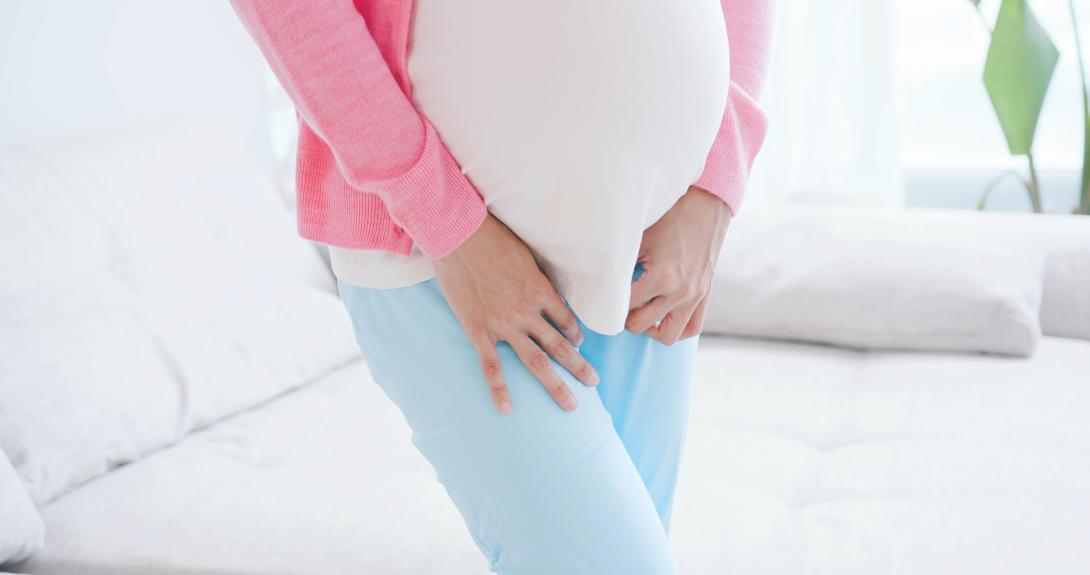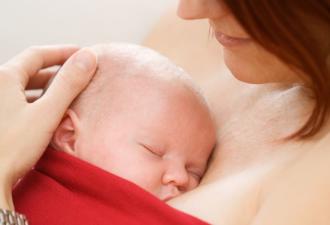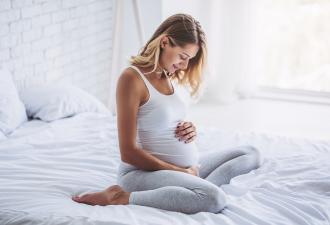
Urinary Incontinence and Pregnancy
Congratulations! You are pregnant. It is an exciting time in your life. Along with the joy and anticipation for bringing your baby in the world, you may find that pregnancy includes some not so pleasant experiences, such as morning sickness, stretch marks or light incontinence. Below, you will find all details on pregnancy related light urinary incontinence.
Possible causes?
• Light urinary incontinence during pregnancy can be due to various reasons. Some women have a genetic predisposition, while others do not. Race and age may also affect it. Smoking is also known to contribute to light incontinence. Pulmonary diseases, such as asthma and chronic cough, can weaken the pelvic floor due to continuous pressure. Anything increasing the pressure on the pelvis may contribute to these unpleasant symptoms.
• Moreover, the weight of the growing womb, pressing the bladder, is probably another factor leading to leaks during pregnancy. If the light urinary incontinence exists before pregnancy, it can sometimes be deteriorated during pregnancy or even remain after birth. Light urinary incontinence is the result of the relaxation of the pelvic floor muscles, the stretching or injury of the pelvic nerves that supply the muscles.
• The size of the baby, combined with the size of the pelvis, may also be another factor. The time the woman pushes, during childbirth, can significantly contribute to incontinence.
• During a natural childbirth, some help may be needed. When the mother-to-be has been exhausted or there are problems with the heart rate of the foetus, it may be necessary to accelerate the childbirth process. For example, the use of forceps slightly increases the probability for light incontinence.
Light urinary incontinence after childbirth
According to studies, one third of women who deliver normally may develop, to a certain degree, urinary incontinence up to 3-6 months after childbirth. Sometimes, the nerves that supply the muscles may be injured. Gradually with time, muscle atrophy may appear. That is why, sometimes, there is a delay in the start of urine leakage after childbirth.
Tips
What could you do during pregnancy to prevent light incontinence?
• At first, you should stop smoking (especially during pregnancy), to keep coughing and sneezing under control.
• Exercise to strengthen the pelvic floor.
• Pelvic floor muscles exercises can help women who experience light urinary incontinence - especially for cases of stress urinary incontinence or urge urinary incontinence, which are the two most common types. They are particularly useful exercises under the guidance of a specialised trainer that will help women understand and maximise the benefit of this type of exercises. These specific exercises do not cure urinary incontinence, but they often improve symptoms, significantly increasing the time until you reach the toilet.
• Kegel exercises are safe during pregnancy. There is no risk for the foetus or the mother. This of course does not mean that you shouldn't always have the consent of your doctor before starting any type of exercise during pregnancy. https://www.sanisensitive.gr/en/kegel-exercises-strengthen-pelvic-floor-...
• Watch your weight increase during your pregnancy. Certainly, pregnancy is not the best time to diet. It is, however, a time when proper nutrition and weight management are very important. If you do not have a good history in this area, it may be useful to work with a nutritionist for advice on healthy eating and for learning how to control your weight. When a woman's weight exceeds a certain threshold, it may have a negative impact on the health of the pelvic floor and increase the probability of incontinence symptoms.
The dilemma for some women.
The vaginal birth is strongly associated with incontinence. For this reason, some future mothers choose caesarean section. What you should know, though, is that, according to medical records, the possibility of any urinary incontinence does not justify the decision for a caesarean section, since, an operation (such as the caesarean section), has multiple risks. Therefore, this practice is not recommended simply on the grounds of preventing incontinence. Your gynaecologist is the only qualified person to decide whether you should have a caesarean section, depending on the facts of each impending childbirth.
Even if you do experience incontinence during pregnancy or after birth, there is no need to worry. Most cases are temporary. Consult your gynaecologist on time and select the appropriate urinary incontinence pads for safe protection, with respect to the skin
Source
https://www.sanisensitive.gr/en/




